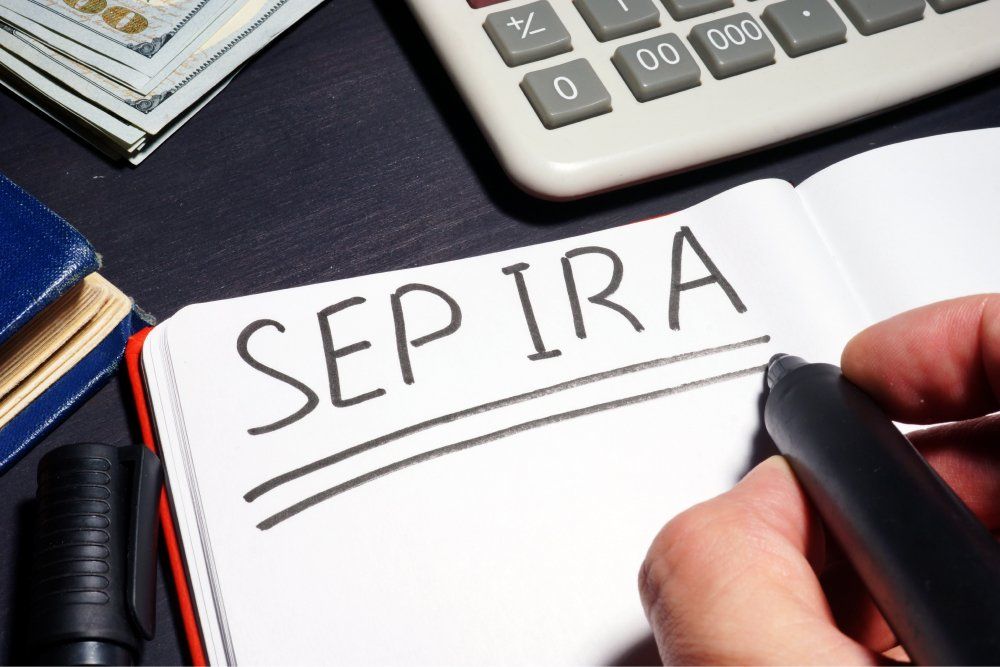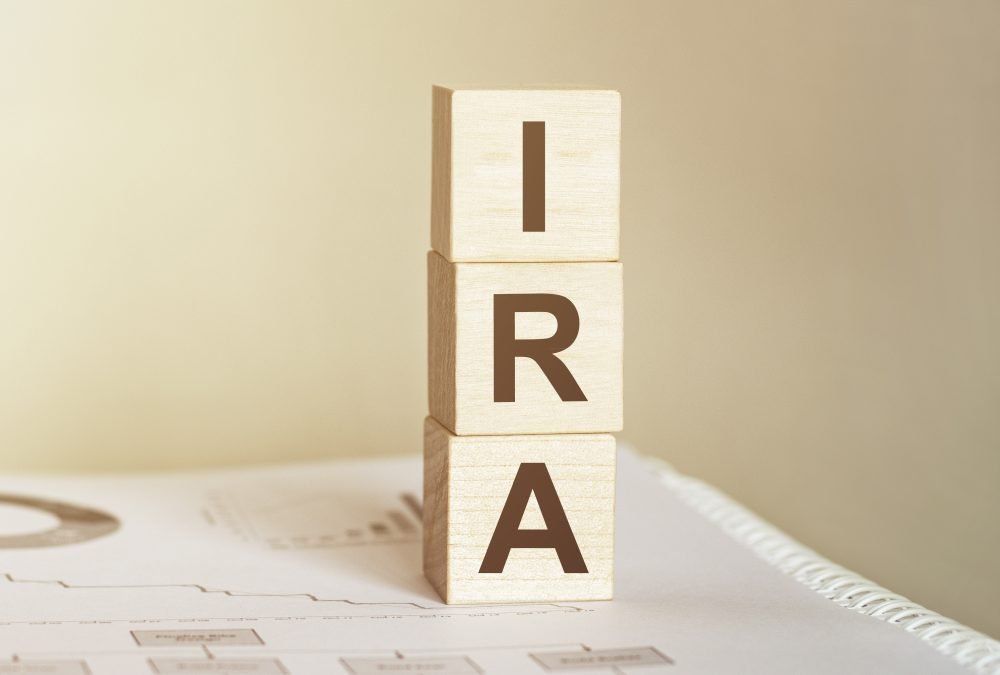Step-up in Basis Explained
The step-up in basis has been a hot button topic as of late in the media. But, what is a step-up in basis? And, who does it benefit?
If an individual were to purchase an investment asset, whether that be a stock, bond, rental property, or an investment in their own business, they establish a tax basis with the IRS. This lives on in tax returns, and in some cases, is depreciated, as long as the person owns the investment. If an investment held for over a year is sold, the individual will pay a favorable capital gains tax rate.
However, what would happen if the individual decided to hold the investment for the duration of their life? Perhaps, it does not ever make sense to sell the stake. Or, maybe they plan to leave it to their heirs as an inheritance. Now, this is where the step-up in basis comes into play. If someone were to inherit a taxable asset, such as a stock or rental property (excluding IRA ’ s, 401(k) ’ s, and any non-taxed asset), the government requires that the descendent’s assets be revalued. If the estate is valued at over $11 million, an inheritance tax would then be imposed.
However, there are some benefits to revaluing a deceased loved one ’ s assets to the value on the date of their death. One benefit is that the beneficiary establishes a new tax basis, which is equal to the asset ’ s value on the day the previous owner passed. This means that in the majority of cases, the beneficiary can sell the asset and pay little to no taxes on the inheritance.
Let ’ s look at an example below:
Your parents have spent their lives working hard and saving to enjoy a comfortable retirement together. When they pass, their only asset is their home – free and clear, without a mortgage. As the beneficiary, you have a few options. These options are to sell the property, rent it out to tenants, or to live in the home.
What if you decided to sell it? If 50 years ago, your parents purchased a home for $150,000, and on the day your parents pass the home is worth $450,000, you may assume you have a $300,000 gain. You would be correct. However, thankfully, there is a step-up in basis, which is a tax law that stipulates you inherit the home at the value on the date of your parent ’ s passing. In this example, you inherit the house at $450,000, can turn around and sell it, without paying any taxes at all.
What if you decide to rent it out? You establish a basis at the value of the home on the date of your parents’ passing. This means you would be entitled to a much larger depreciation write off on your taxes. When you sell it, it becomes a bit more complicated. However, either way, the step-up in basis has allowed you to inherit the home at $450,000.
What if you decide to live in it? In this case, it becomes your primary residence after two years, and you become the owner of the home valued at $450,000. When you sell it, you would receive an elimination on a portion of the gain and pay zero taxes, (however, only if the gain is less than $250,000 for singles and $500,000 for married couples).
What would it mean if the step-up in basis law is eliminated?
Let’s look back at the first scenario. If you were to sell the home, you would have a $300,000 gain. Depending on your marginal tax rate, (especially if the capital gains tax is eliminated), you would pay an exorbitant amount of taxes.
In the case of the second scenario where the home was rented out, you would inherit the home with a $150,000 basis and receive a much less favorable depreciation write off against your rental income. If you sold the home, it would be even less favorable.
In the third scenario, you would inherit the home with such a low basis, you would end up having to pay taxes on your primary residence when you eventually sold it. However, this is very rare.
The step-up in basis tax is something that is planned for in many of our clients’ financial plans. In states with community property laws, when one spouse dies, the home is revalued at the date of their death. This can help someone tremendously when a spouse is already experiencing a very difficult time. Utilizing the step-up in basis is in many cases a necessary means of survival. If you are concerned about how the potential tax law changes affect your legacy or financial plan, please do not hesitate to contact a member of our team. We have the experience and tools necessary to demonstrate how a change in tax law affects your vision of the future.
Can We Help?
The Twin Rivers team wants to guide you on your journey to financial success. If you have any questions about the topics above or would like to discuss any financial decision you are facing, please do not hesitate to contact our team.











